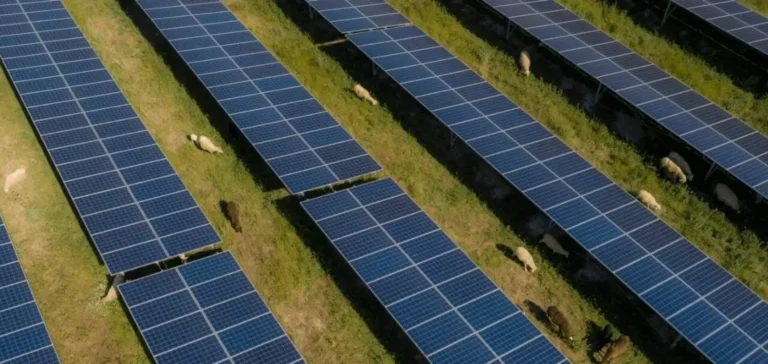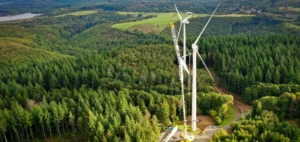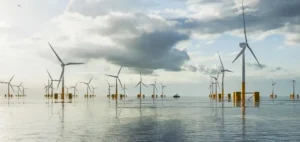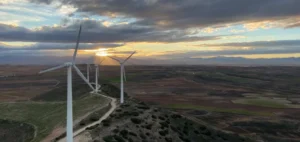BayWa r.e., a subsidiary of German conglomerate BayWa AG specialising in renewable energy, has launched a citizen investment initiative for its wind farm project in development in Plouisy, in the Côtes-d’Armor department. The company has appointed the cooperative Enercoop Bretagne to coordinate support for local residents interested in becoming shareholders in the future facility.
A model built around citizen participation
The scheme is based on several steps: identifying interested residents, training on participatory investment mechanisms, creating a local group, and defining a governance model. A local citizen-owned company will be established to take a stake in the project’s capital upon commissioning. Enercoop Bretagne will lead information meetings and workshops, and handle the legal structuring of the entity.
This approach aims to economically involve the host territory in the project. The model provides for joint governance with BayWa r.e., where the citizen company will represent local co-owners. A similar arrangement is already operational at the Clos Neuf wind farm in Merdrignac, located in the same department.
Three turbines with targeted output of 34,145 MWh
The Plouisy project includes three turbines with a total height ranging from 192 to 200 metres on a former military site. Annual production is estimated at 34,145 MWh, equivalent to the electricity consumption of approximately 11,400 people. The permit application will be submitted in autumn 2025, with commissioning planned for 2029, subject to a prefectoral authorisation expected in 2026.
Plouisy’s municipal council selected BayWa r.e. following a call for expressions of interest in 2022. The chosen site is located on the town’s former shooting range.
A precedent already operational in Merdrignac
This is not the first time BayWa r.e. has integrated a citizen component into its projects. The Clos Neuf wind farm in Merdrignac, inaugurated in 2022, consists of four 3 MW turbines. It brings together over 300 citizen investors, including 60 local shareholders grouped within the company Clos Neuf Éolien Citoyen.
These shareholders hold a portion of the capital and take part in the farm’s governance. The model, already tested in the Côtes-d’Armor, is based on the distribution of the economic benefits generated over the project’s lifespan.






















